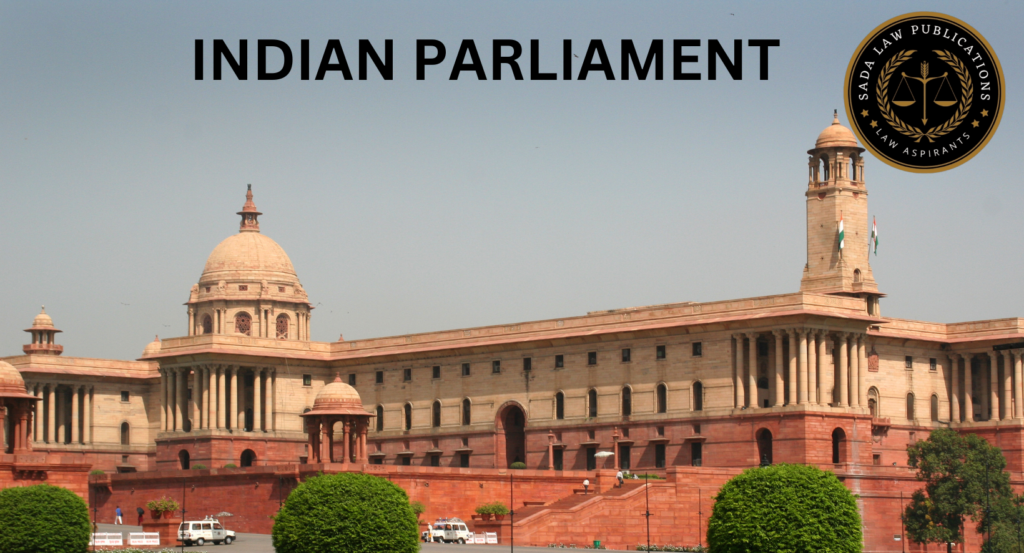The issue of recovering money from an HC judge’s home is discussed by the Rajya Sabha.
Trending Today The issue of recovering money from an HC judge’s home is discussed by the Rajya Sabha. Delhi judge Yashwant Varma transferred amid cash row, Allahabad court says we are not trash bin: Senior Advocate Can’t Appear In Supreme Court Without An AOR; Non-AORs Can Argue Only If Instructed By An AOR : Supreme Court BCI Has No Business Interfering With Legal Education’ : Supreme Court Dismisses Plea Against HC Allowing 2 Convicts To Attend Law School Virtually Merchant Navy Officer’s murder:Parents Disown Daughter Accused Of Killing Husband ,Says ‘She Should Be Hanged’ The Dhanashree Verma – Yuzvendra Chahal Saga: A Legal Perspective on Alimony and Marital Disputes Daughter-In-Law Integral Part Of Family, Entitled To Compassionate Appointment: Andhra Pradesh High Court Decoding Nagpur violence: Aurangzeb Tomb Row : 69 Rioters Arrested,Section 144 Imposed Six Supreme Court Judges Will Lead NALSA’s Legal Aid and Humanitarian Assistance Mission to Manipur Relief Camps UPSC Cheating Case : Complete Investigation Against Ex-IAS Officer Puja Khedkar Steadfastly, Supreme Court Tells Delhi Police The issue of recovering money from an HC judge’s home is discussed by the Rajya Sabha. MAHI SINHA 23 Mar 2025 Updated: 21th march,2025 The Rajya Sabha discussed the alleged recovery of a large pile of unaccounted cash from the official residence of Justice Yashwant Varma, a sitting judge of the Delhi High Court, today. In response, Vice-President and Rajya Sabha Chairman Jagdeep Dhankhar said he would take all necessary procedural steps to address the matter. Jairam Ramesh, a Karnataka Member of Parliament for the Indian National Congress, brought up the matter with Dhankhar during the morning session, pointing out that the country was awakened to the “shocking case” of vast amounts of cash discovered at the home of a Delhi High Court judge. He brought up the notice of impeachment that 50 members of Parliament sent to the Chairman last December regarding some of the statements made by Justice Shekhar Yadav of the Allahabad High Court during an event hosted by the Vishva Hindu Parishad (VHP) legal cell in Prayagraj. Ramesh asked the Chairman to speak with the government about the need to take action to guarantee judicial accountability in the selection of judges. “You yourself have repeatedly called into question the urgency for judicial accountability. You had, in fact, directed the leader of the House on this issue. Sir, I request you to make some observations on this issue and give necessary directions to the Government to come up with a proposal for increasing judicial accountability,” Ramesh told the Chairman. To this, the Chairman responded: “Hon’ble members, I am seized of a representation by 55 members of this House and I have taken all necessary steps to get their verification. The first email was sent to all of them. The good thing is, most of the members have responded positively, helping me perform my duty. Some members are yet to do so. A second email reiterating the same has been sent to them. I have taken all procedural steps…those members who have not done so far may respond to the second email sent to them, then the process will not be delayed at my level even for a moment.” “What irritates me is that the incident occurred and did not come to light right away,” he continued. “A systematic response with a transparent, accountable, and effective mechanism will undoubtedly be on the way if it occurs with a politician because he becomes a target. Subject to their consent, I shall speak with the leaders of the House and the Opposition to identify a process for a structured decision during the session.” A process of internal investigation has been started by the Supreme Court of India against Justice Yashwant Varma. It has been suggested that the judge be moved to the Allahabad High Court pending the investigation. Leave a Reply Cancel Reply Logged in as sadalawpublications@gmail.com. Edit your profile. Log out? Required fields are marked * Message* Case laws ASSOCIATION FOR DEMOCRATIC REFORMS AND ANOTHER Vs. UNION OF INDIA AND OTHERS 2024 SSC ONLINE SC 312 ASSOCIATION FOR DEMOCRATIC REFORMS AND ANOTHER Vs. UNION OF INDIA AND OTHERS 2024 SSC ONLINE SC 312 sadalawpublications@gmail.com • March 13, 2025 • Case law • No Comments Supreme Court Strikes Down Electoral Bond Scheme as Unconstitutional for Undermining Transparency and Democratic Principles on dated 15th February, 2024. Supreme Court Strikes Down Electoral Bond Scheme as Unconstitutional for Undermining Transparency and Democratic Principles on dated 15th February, 2024. sadalawpublications@gmail.com • March 7, 2025 • Case law • No Comments Historic Verdict: Supreme Court Overturns 1998 Ruling P.V. Narasimha Rao v. State (CBI/SPE), Ends Immunity for Lawmakers Taking Bribes for Votes on 4th March, 2024 Historic Verdict: Supreme Court Overturns 1998 Ruling P.V. Narasimha Rao v. State (CBI/SPE), Ends Immunity for Lawmakers Taking Bribes for Votes on 4th March, 2024 sadalawpublications@gmail.com • March 6, 2025 • Case law • No Comments 1 2 3 4 Next »
The issue of recovering money from an HC judge’s home is discussed by the Rajya Sabha. Read More »


